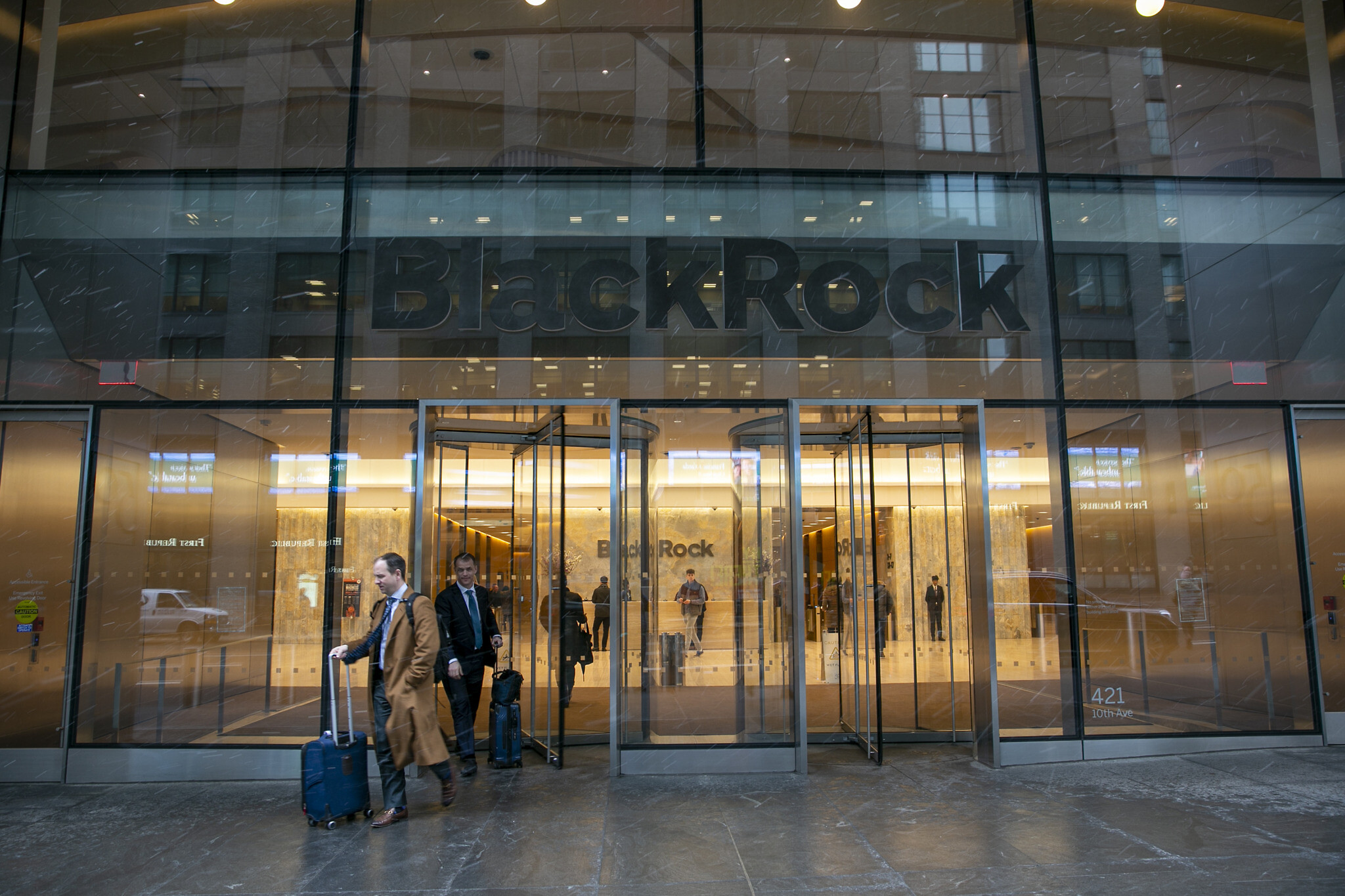The question "Is BlackRock Jewish?" often arises in discussions about one of the world's largest asset management firms. BlackRock, established in 1988, has grown exponentially and now manages trillions in assets worldwide. This article explores the company's history, its leadership, and the complexities of its identity while addressing the prevalent myths surrounding its affiliation with the Jewish community.
Understanding the nuances behind BlackRock's operations and its leadership is crucial to answering this question. We will delve into the company's founding, the role of its executives, and how public perception has shaped its narrative. Additionally, we will examine the significance of cultural and religious identity in corporate governance.
Ultimately, this article aims to clarify misconceptions and provide a factual overview of BlackRock, its leadership, and its connection to the Jewish community, if any. Join us as we peel back the layers of this complex financial institution.
Table of Contents
- History of BlackRock
- Leadership at BlackRock
- Cultural Significance in Corporate Identity
- Myths and Misconceptions
- Statistical Insights
- Trustworthiness and Authoritativeness
- Conclusion
- Call to Action
1. History of BlackRock
Founded in 1988 by Larry Fink and a group of partners, BlackRock began as a risk management firm. Over the years, it has expanded its services to include investment management, risk management, and advisory services. The company's rapid growth is attributed to its innovative technology and investment strategies.
1.1 Founding Principles
The founding principles of BlackRock revolved around transparency and risk management. These principles laid the groundwork for BlackRock's reputation as a reliable asset manager in the financial industry.
1.2 Growth and Expansion
Since its inception, BlackRock has achieved significant milestones, including its initial public offering (IPO) in 1999 and the acquisition of Merrill Lynch Investment Managers in 2006. Each of these events marked a new chapter in BlackRock's evolution, solidifying its position in the global market.
2. Leadership at BlackRock
BlackRock's leadership team has been instrumental in shaping the company's ethos and direction. Larry Fink, the CEO, is a notable figure whose decisions have influenced BlackRock's operations and its stance on various global issues.
2.1 Larry Fink's Background
Larry Fink, a prominent American businessman, has played a pivotal role in BlackRock's success. His leadership style emphasizes sustainability and corporate responsibility, which has garnered widespread attention.
2.2 Diversity in Leadership
BlackRock's leadership is diverse, encompassing individuals from various backgrounds and experiences. This diversity contributes to a more comprehensive understanding of global markets and client needs.
3. Cultural Significance in Corporate Identity
The cultural background of a corporation can influence its practices and public perception. Understanding how cultural identities play a role in corporate governance is essential in this context.
3.1 Corporate Culture at BlackRock
BlackRock promotes a corporate culture that values inclusivity and diversity. This culture encourages various perspectives, which is vital for innovation and problem-solving.
3.2 The Role of Religion in Business
While religion can shape individual identities, its direct impact on corporate identity and operations is often overstated. Companies like BlackRock focus on professional expertise and market performance rather than religious affiliations.
4. Myths and Misconceptions
Several myths surround BlackRock, particularly concerning its supposed Jewish identity. These misconceptions often stem from stereotypes and misinformation.
4.1 Addressing the Jewish Question
The question of whether BlackRock is Jewish often arises from the prominence of Jewish individuals in finance. However, attributing a corporation's identity to the religion of its leadership is misleading.
4.2 The Impact of Antisemitism
Antisemitic tropes have historically targeted Jewish individuals in finance. Understanding these stereotypes is crucial for addressing misconceptions about BlackRock and its leadership.
5. Statistical Insights
Data and statistics play a significant role in understanding the impact of companies like BlackRock on the global economy. Here are some key figures:
- Assets Under Management (AUM): Over $9 trillion.
- Number of Employees: Approximately 16,000.
- Global Presence: Offices in over 30 countries.
6. Trustworthiness and Authoritativeness
BlackRock's reputation is built on trust and performance. The company has consistently been recognized for its financial management capabilities and commitment to ethical business practices.
6.1 Recognition and Awards
BlackRock has received numerous awards and recognitions for its innovation and leadership in the financial sector, reinforcing its authoritative position.
6.2 Commitment to Transparency
Transparency is a core value at BlackRock, ensuring that clients and stakeholders are informed about investment strategies and corporate governance.
7. Conclusion
In conclusion, the question "Is BlackRock Jewish?" is more complex than it appears. While BlackRock's leadership may include individuals from diverse backgrounds, the company itself transcends religious or cultural identities. It is crucial to focus on the company's performance, values, and commitment to ethical business practices rather than perpetuating stereotypes.
8. Call to Action
We encourage readers to share their thoughts on this topic in the comments section below. If you found this article informative, please consider sharing it with others or exploring additional articles on our site that delve into the dynamics of corporate identity and leadership.
Thank you for reading, and we hope to see you again soon!


